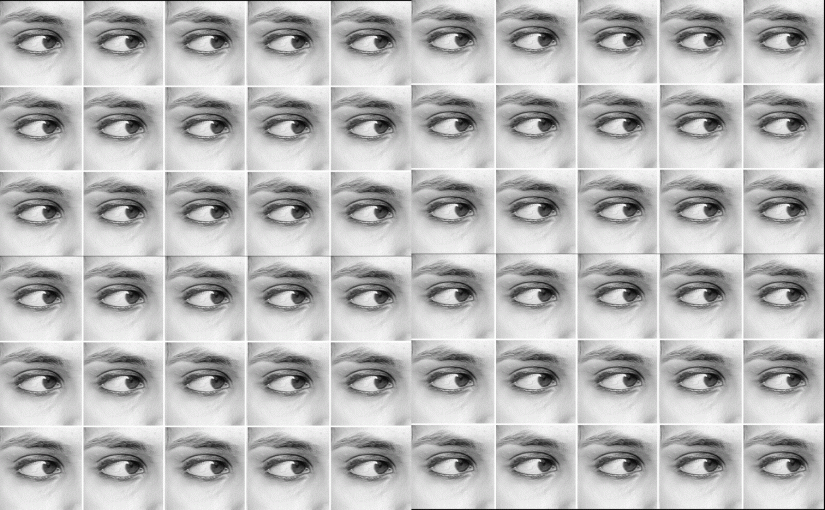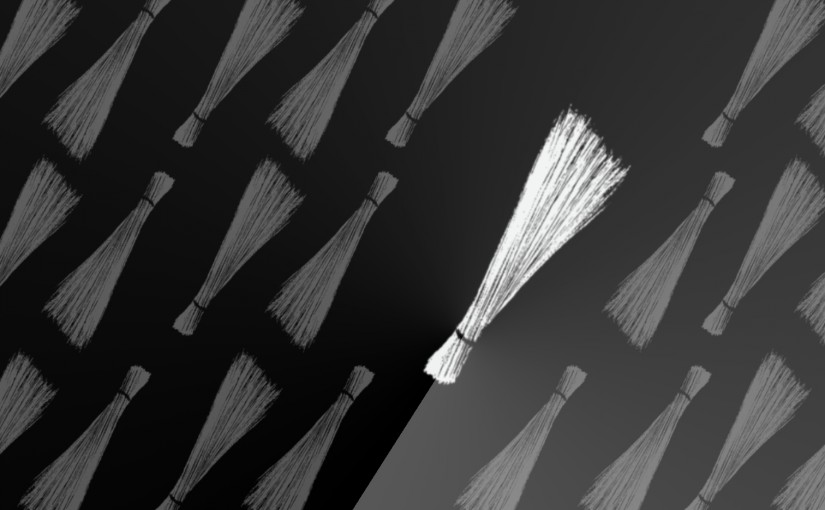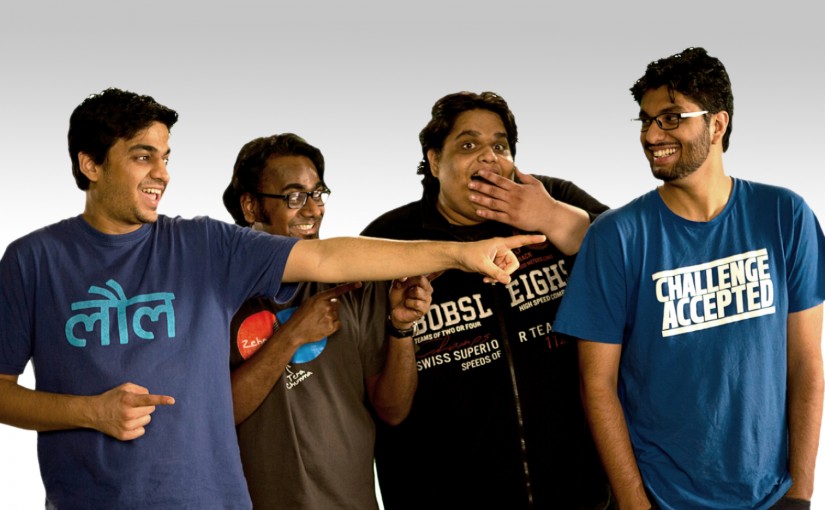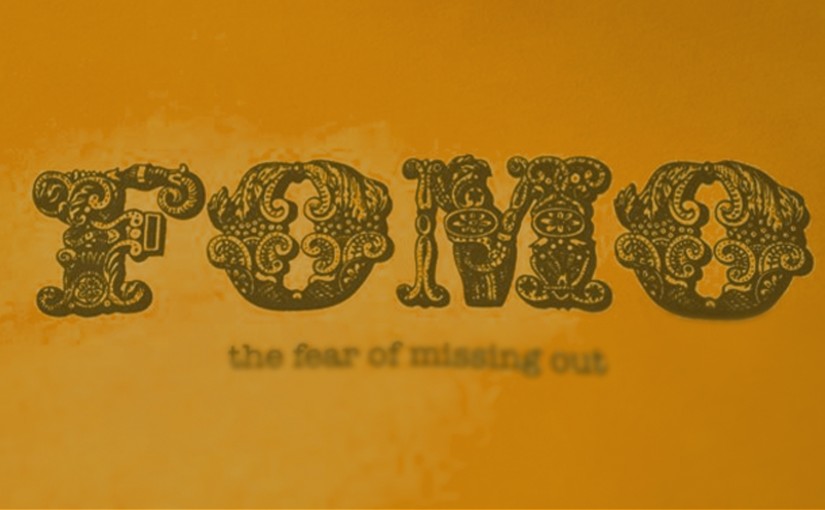Drop us a few lines about the task and we will get back immediately to see we how we can take the discussion forward. Alternately, just pick up the phone and speak with us at +91 9910034330 and we would be happy to help.
- - Do tell us a little about the nature of your business.
- - Be specific about what you’d like us to help you with.
- - Knowing your budget always helps us plan a suitable intervention.
- Blog
Willful participants in a ‘social media revolution’ – learnings series 1
-
Willful participants in a ‘social media revolution’ – learnings series 1
We’ve all experienced the frenzy surrounding ‘India Against Corruption’ episode led by Anna Hazare. Among other things, it has also been termed as the coming of age for social media in India. I think if anything at all, then, more than ever, it highlights my fears of possible misuse of the medium.
The possible misuse, as I put it, is not merely the ability to manipulate public sentiment (as against influence) but also willful participation by a large mass of (well meaning) people, carried away, possibly without understanding the depth, consequences of an issue they appear to be supporting.
Here are a few symptoms that I notice from this particular episode.
Jingoism rules
We have found someone who is going to get rid of corruption. Anna Hazare is the new Mahatma – it doesn’t matter that Mahatma’s principles are forgotten in practice by all of us, but it feels so good that we have found a new hero.
While we are at it, let’s also see how this compares with recent revolution in Egypt – it makes me appear like a global citizen in front of my friends and peers overseas who read my feeds. It doesn’t matter that India is already the largest democracy in the world.
Tweet before you read
I wrote about dumbing down of social media sometime ago:
Not so long ago comments were the benchmark of participation on social media channels – first on blogs, then on social networks. Comments, however, take thought, intelligence and, of course, time – you’ve got to read the post, fill in your personal details etc. Therefore, while a comments help build conversations, perspective, and, depth, they are not ‘scalable’.
It’s far easier to simply click a button to participate – it doesn’t matter whether you read the content or not . It helps further that the said unit of engagement helps share the content with his/ her universe of readers/ followers/ friends.
Enter the now ubiquitous ‘Like’ button, or, even the ‘Retweet’ button on Twitter (my belief is, it will also eventually be called the ‘Like’ or ‘Share’, for that’s what it does anyway).
Research shows that penetrating the organic time-line of a user has the most influence on his/ her universe of followers, and ‘Likes’ let you do that painlessly.
In this whole cut-and-paste, twitter happy economy, who has the time to read, understand the issue? Few, very few of us, bothered to read the proposed ‘Lokpal bill’. Of course corruption has to end, the bill is being touted as the solution, hence it must be ok to support the bill.
Easy as 1,2,3
Anna Hazare’s fast enters another day.To express solidarity with him, can we all change our status message to support a MAN who is fighting for us, to bring a stronger Anti Corruption Law in the country?If “YES” please make this your status.If “No” God Bless us!!
The digital equivalent of giving alms, a status update on Facebook or Twitter acts as a balm for the aggrieved conscience. We must do the right thing and what a painless way to do it – virtual actions make participating in protests so easy.
Am a celebrity, the new change agent
These self-proclaimed change agents feed collective frenzy through their Twitter feeds; in this episode some even claiming to the custodians of the very issue of corruption itself. One went to the extent of the suggesting that he can finally stop writing about corruption, heaving a sigh of relief. Corruption is over, tackled successfully.
Err, I have a little errand to run overseas. Keep the next issue ready, I will be back.
Herd mentality
That social media is an extremely viral medium is well understood – word travels really fast and the collective frenzy thus achieved is infectious. Before we know, we are a herd – the few speaking contrary to popular voices are treated as black sheep.
Like I said at the beginning, this post is not about Anna Hazare, or the current episode, but an attempt to understand collective behaviour in times of social media.
Disclaimer: Views of authors are personal and do not represent the views of Blogworks, or any of its clients.
-
Contact
conversations@blogworks.in
+91-9910034330 -
Newsletter
-
Social

























